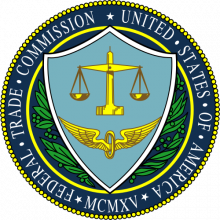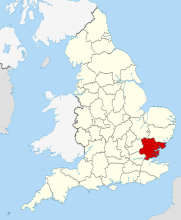California state legislature approves Location Privacy Act
California's state legislature passed the Location Privacy Act of 2012 (SB-1434) on Wednesday, which would make it mandatory for law enforcement agencies to obtain a warrant before gathering any GPS or other location-tracking data that a suspect's cell phone might be sending back to its carrier.













































































